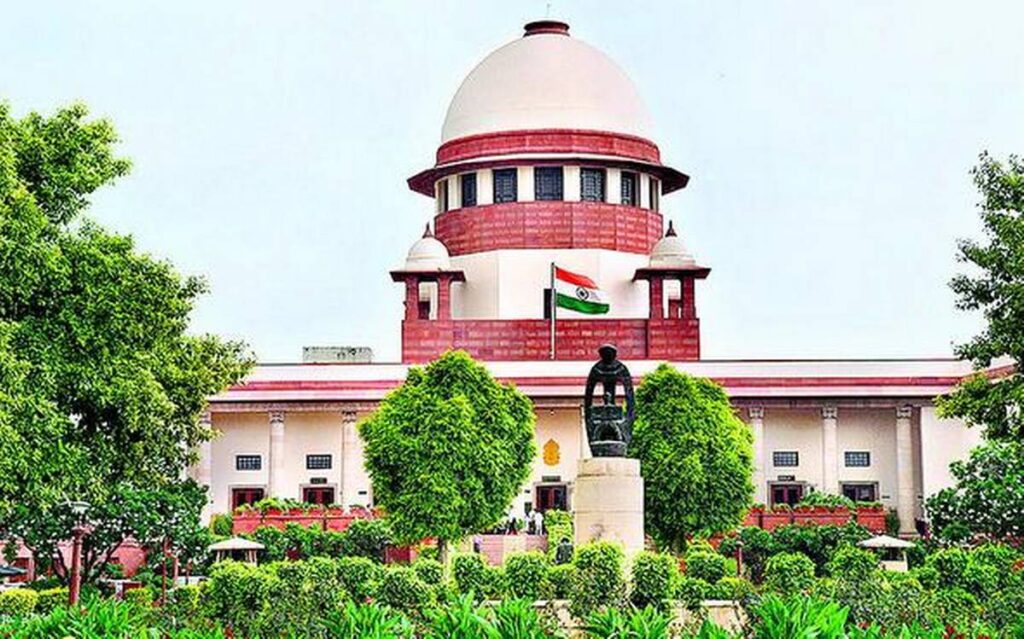SC holds demonetisation valid, says “can’t be set aside because it caused hardship to citizens”
New Delhi [India], January 2 (ANI): The Supreme Court on Monday affirmed by a 4:1 majority the central government’s November 8, 2016, decision to demonetise the currency notes of Rs 500 and Rs 1000 denominations and said that demonetisation cannot be set aside on the ground that it caused hardship to citizens.

A five-judge Constitution bench held that merely because some citizens suffered hardships due to demonetisation, it was not reason enough to hold the exercise illegal. Four of the five judges on the bench – Justices S Abdul Nazeer, BR Gavai, AS Bopanna and V Ramasubramanian – upheld the legality of the Central government’s 2016 demonetisation exercise.
Justice BV Nagarathna wrote dissent and a separate judgement.
Demonetisation cannot be held invalid merely because some citizens have suffered through hardships or that the decision was taken in a hasty manner, said the judgement.
“No doubt that on account of demonetisation, the citizens were faced with various hardships…,” the bench said in its judgement.
It added, “The contention that the impugned notification is liable to be set aside on the ground that it caused hardship to individual/citizens will hold no water. The individual interests must yield to the larger public interest sought to be achieved by impugned Notification.”
“If the impugned Notification had a nexus with the objectives to be achieved, then, merely because some citizens have suffered through hardships would not be a ground to hold the impugned Notification to be bad in law,” it said.
It said the Centre is empowered to demonetise ‘all’ series of bank notes under Section 26(2) of the RBI Act.
“The power available to the Central Government under sub-section (2) of Section 26 of the RBI Act cannot be restricted to mean that it can be exercised only for ‘one’ or ‘some’ series of banknotes and not for ‘all’ series of bank notes.
The power can be exercised for all series of bank notes. Merely because on two earlier occasions, the demonetisation exercise was by plenary legislation, it cannot be held that such a power would not be available to the Central Government under sub-section (2) of Section 26 of the RBI Act,” the bench said.
Justice BV Nagarathna dissented with the majority judgment on the point of the Centre’s powers under section 26(2) of the RBI Act and said the scrapping of the Rs 500 and Rs 1,000 series notes had to be done through legislation and not by notification.
Justice Nagarathna said practices like hoarding black money and counterfeiting coupled with corruption are “eating into the vitals” of our society and economy and any measure intended to strike at them must be commended.
The apex court’s judgment came on a batch of 58 petitions challenging the demonetisation exercise announced by the Centre in 2016.
The petitions have claimed that the due process required for the demonetisation was not followed, and the rights of Indian citizens were violated due to the arbitrary decision.






